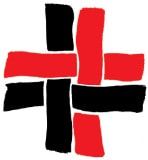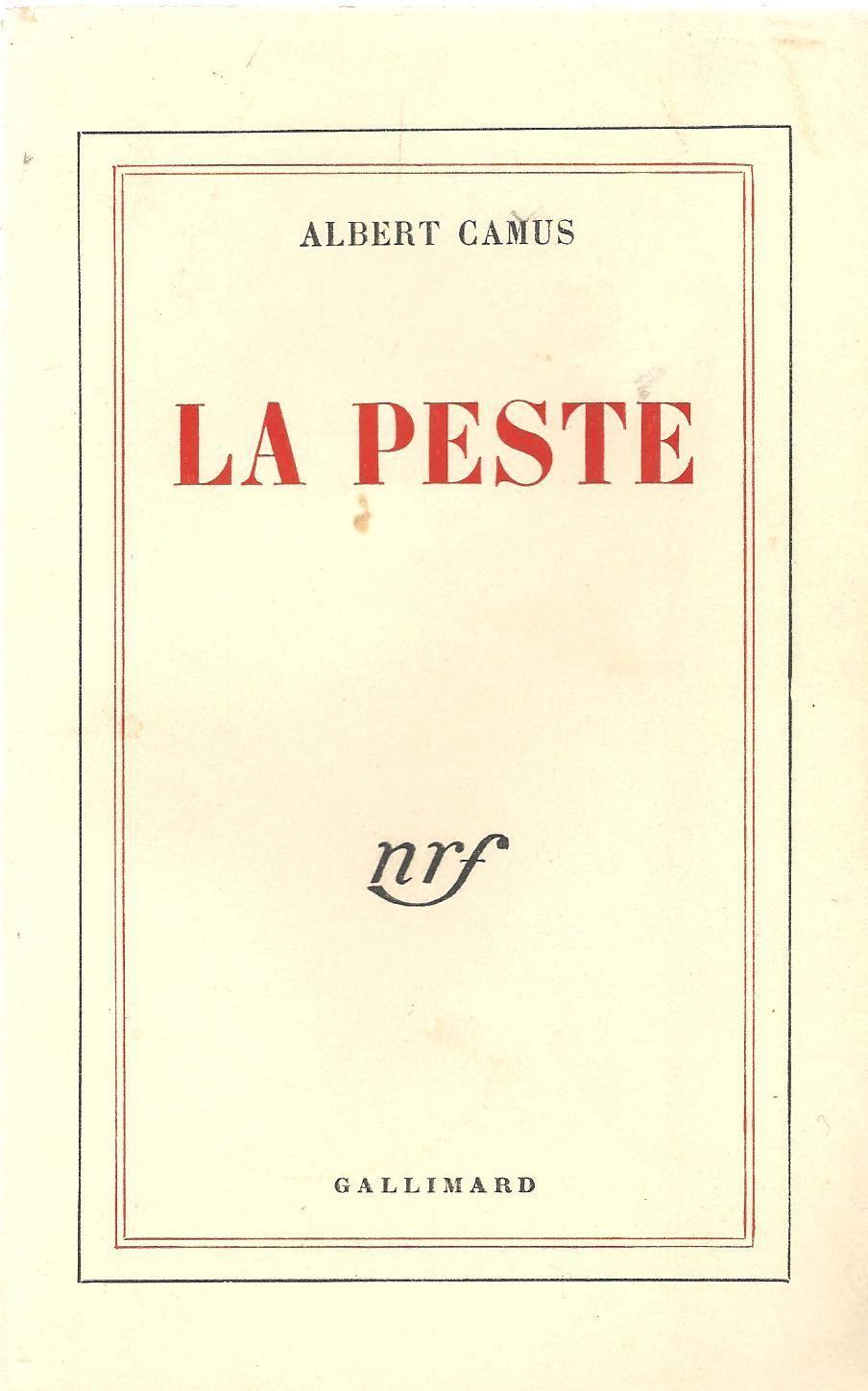Before, I read it as an allegory of the struggle against Fascism. I was not alone in this; indeed, I was in good company. Barthes, Sartre, de Beauvoir all saw it this way, and criticised Camus for using allegory to address such an issue. Too trivial, too slight, too frivolous for such gravity. It is a criticism which could equally be levelled at Orwell.
This time, I found myself – it was neither conscious nor deliberate – reading it as a straightforward narrative, taking it at face value.
Of course, I noted the parallels and prescience, permitting myself a smile of recognition at references to face masks, to death counts, to the quarantine precautions, the dithering and delays of the authorities.
But it is also a story, and a damn good one.
It is the history of an outbreak of plague in the town of Oran.
“The town itself, let us admit, is ugly”. Its inhabitants are bored and boring, living an abstract, tedious, routine-filled existence; what Heidigger called “everydayness”.
But Jean Tarrou, the communist turned pacifist who is instrumental in the volunteer resistance, records, “I am determined to be the historian of those who have no history”.
The plague, the Absurd, transforms the everydayness. Gradually, reluctantly, the Oranians come to realise that they must succumb or fight. No-one can remain indifferent to the indifference of the universe.
At first, the townsfolk complain about petty, personal discomforts. They are “like everybody else, wrapped up in themselves”. They believe that their own specific suffering is more important than the communal suffering.
But soon, they begin to recognise that the plague erases each individual life: “a feeling normally as individual as the ache of separation from those one loves suddenly became a feeling in which all shared alike”.
It is a community issue, that it must be fought by each individual on behalf of all. The protagonist, Doctor Rieux, is one of those who choose to fight, to rebel, on behalf of the community.
Rieux and his comrades pursue their fight against this suffering each in his own way. But each of them knows that it is futile. Each of them knows that it increases the chance of contracting the disease.
Of course, each of them also knows that they can contract the plague even if they do not nothing.
So they choose to do something in the full knowledge that it is useless, futile, pointless.
It is a meaningless choice. But the plague frees them to make it.
Because, as Camus wrote, it is “the wine of the absurd and the bread of indifference which will nourish (human) greatness”.
Today from the everysmith vaults: Emma Swift's Blonde On The Tracks. It's the songs of course, but it's also and primarily that voice.






 RSS Feed
RSS Feed